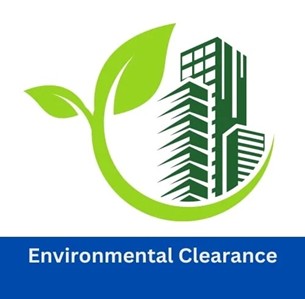Supreme Court Strikes Down Retrospective Environmental Clearances
Supreme Court Strikes Down Retrospective Environmental Clearances
Why in the News?
The Supreme Court recently invalidated the Centre’s 2017 notification and 2021 SOP allowing post-facto environmental clearances for projects that began without prior approval, citing violation of constitutional rights and environmental laws.
Background on Centre’s Notification and SOP
- In 2017, MoEFCC allowed a one-time, six-month window for industries to apply for environmental clearance after starting operations or expanding without approval.
- This “ex-post facto” clearance bypassed mandatory prior Environmental Impact Assessment (EIA)
- The 2021 SOP aimed to streamline this retrospective clearance process, following National Green Tribunal orders.
-
The Centre’s rationale: regulate violations, collect remediation fees, and avoid penalizing industries contributing to the economy.
Supreme Court’s Judgement
- The SC held the notification and SOP illegal and unconstitutional, violating Article 21 (right to life with a clean environment) and Article 14 (equality before law).
- It criticized the Centre for protecting polluters instead of the environment.
- The Court recalled that even a “one-time” relaxation infringed the fundamental right to a pollution-free environment.
-
Past rulings reinforced that post-facto clearances undermine environmental law principles and the EIA process.
Implications and Directions
- The SC restrained the Centre from issuing any future orders permitting retrospective environmental clearances.
- It emphasized that environmental harm cannot be regularized after the fact.
- The ruling reinforces strict adherence to prior environmental clearance processes for sustainable development.




